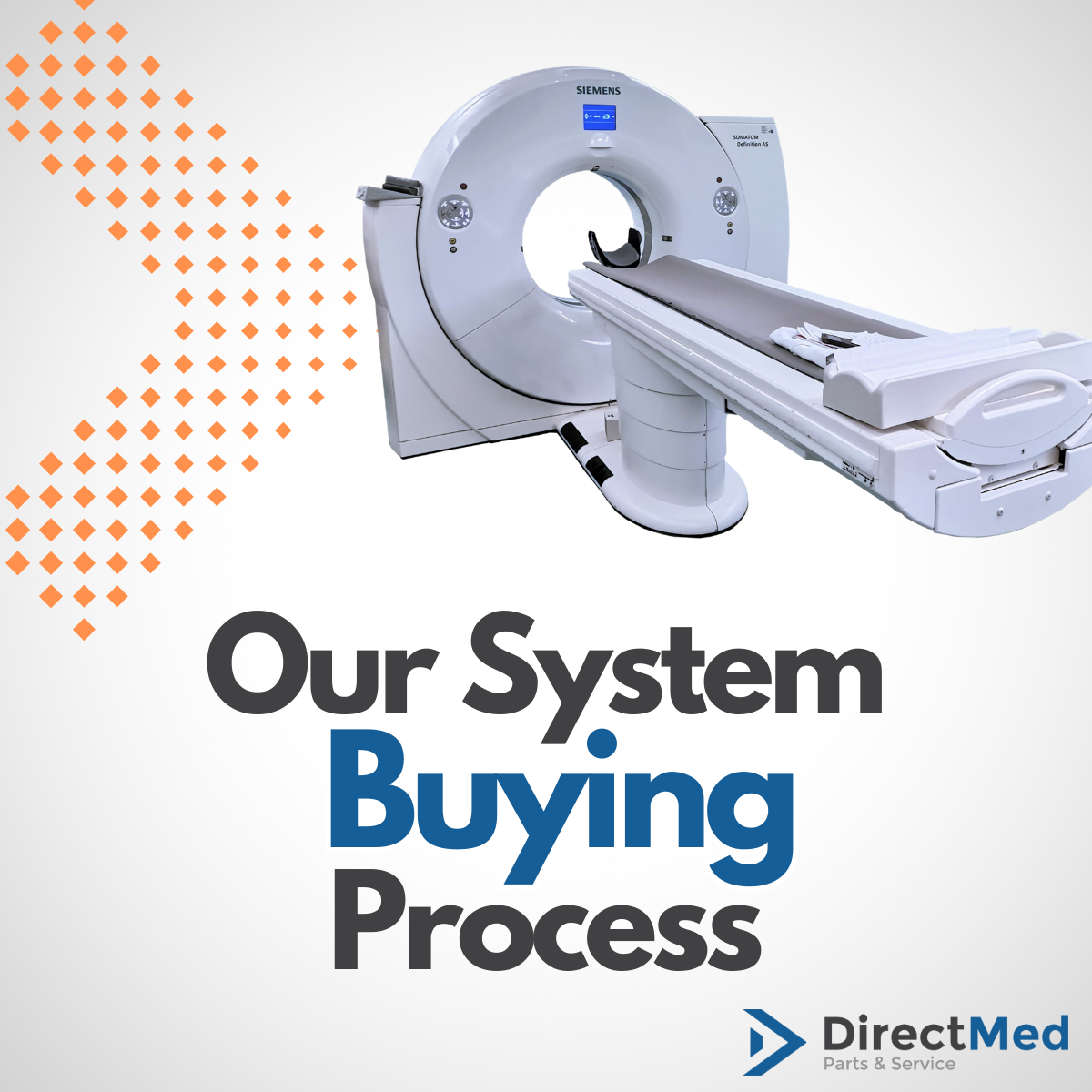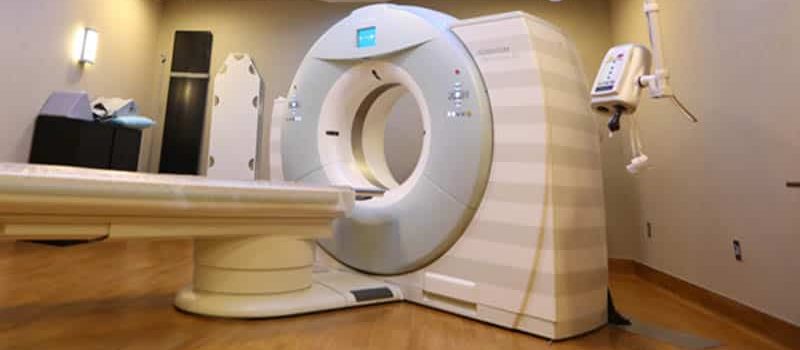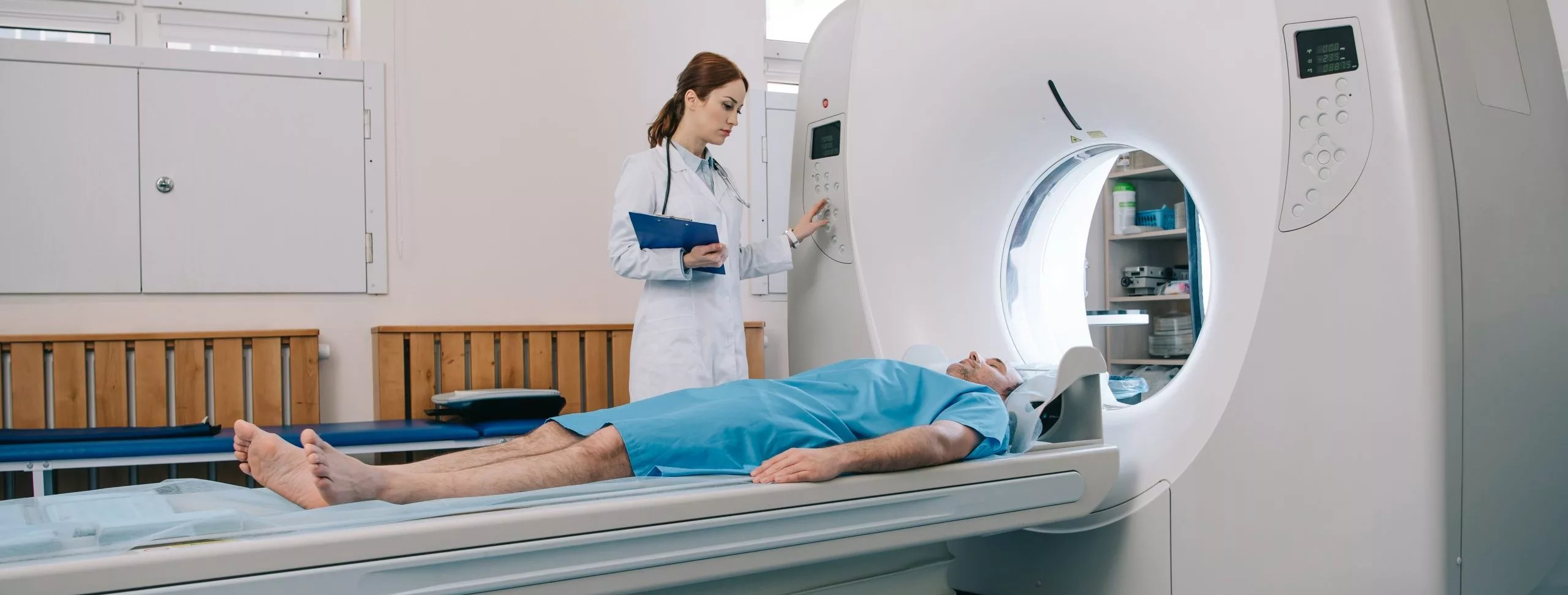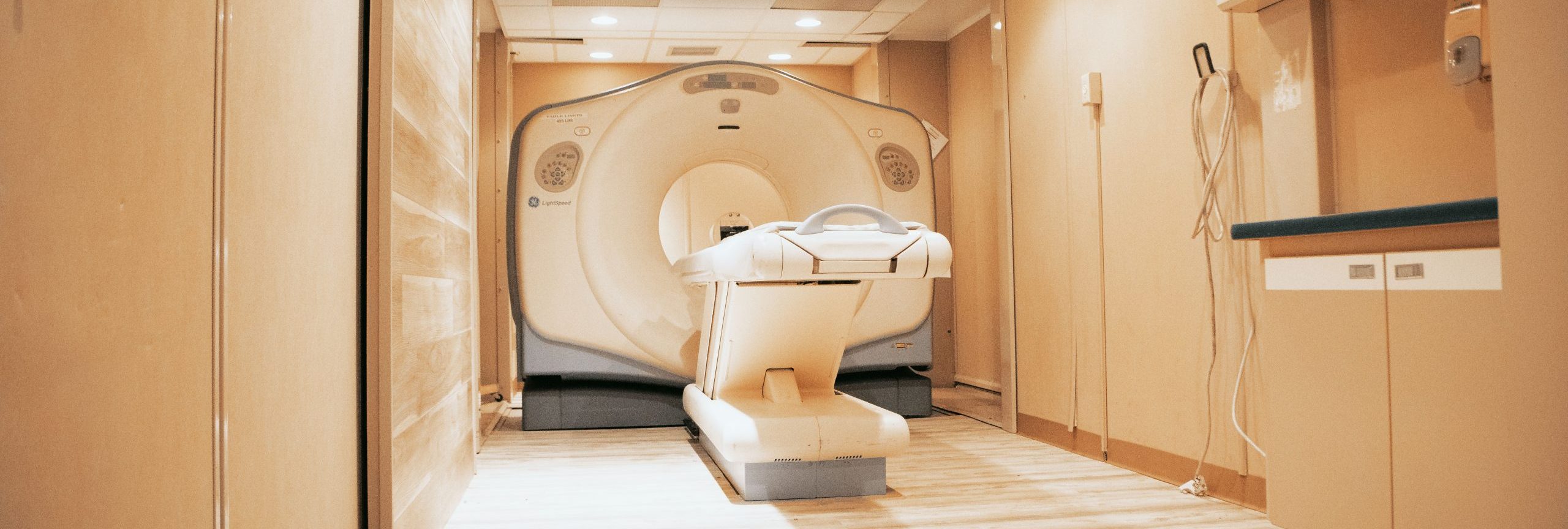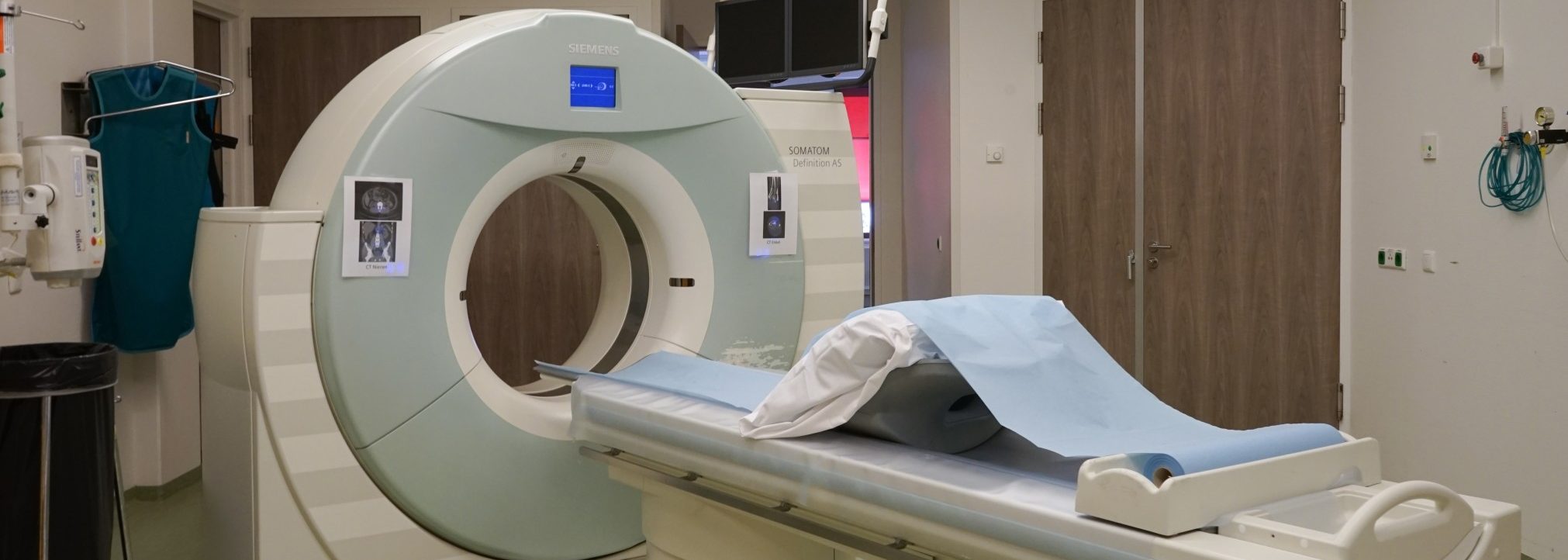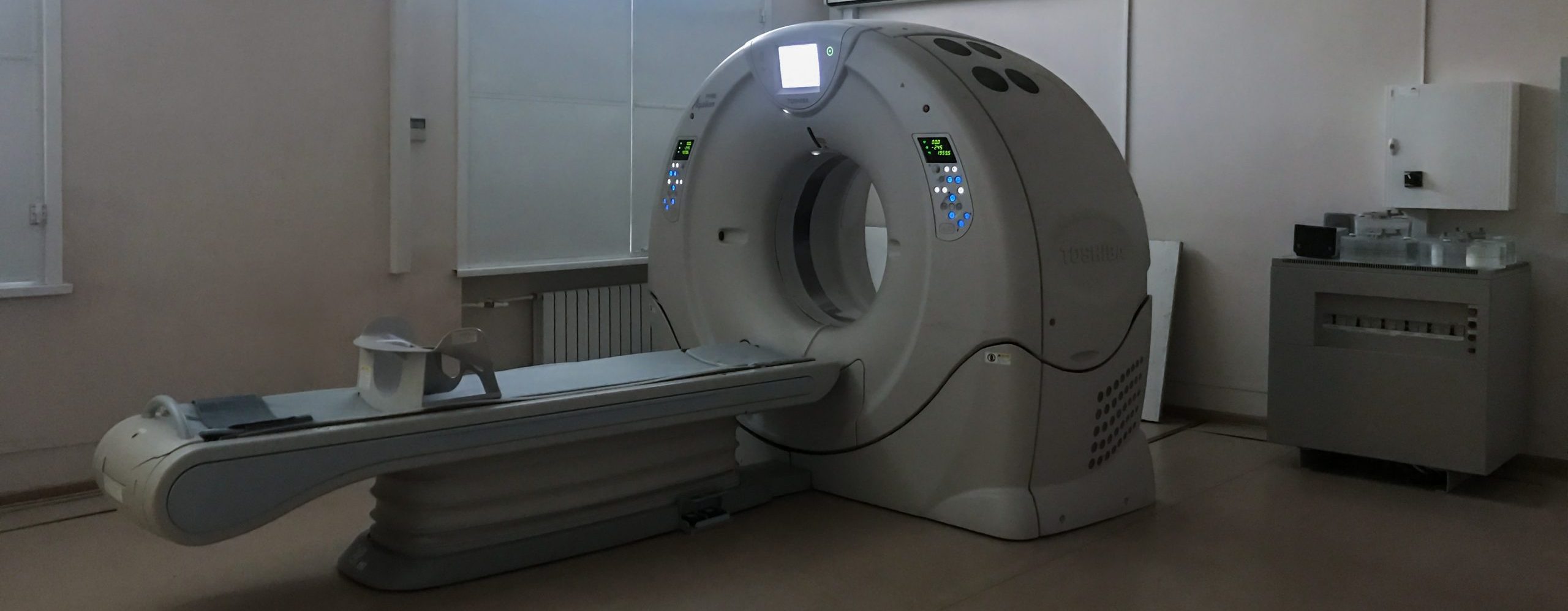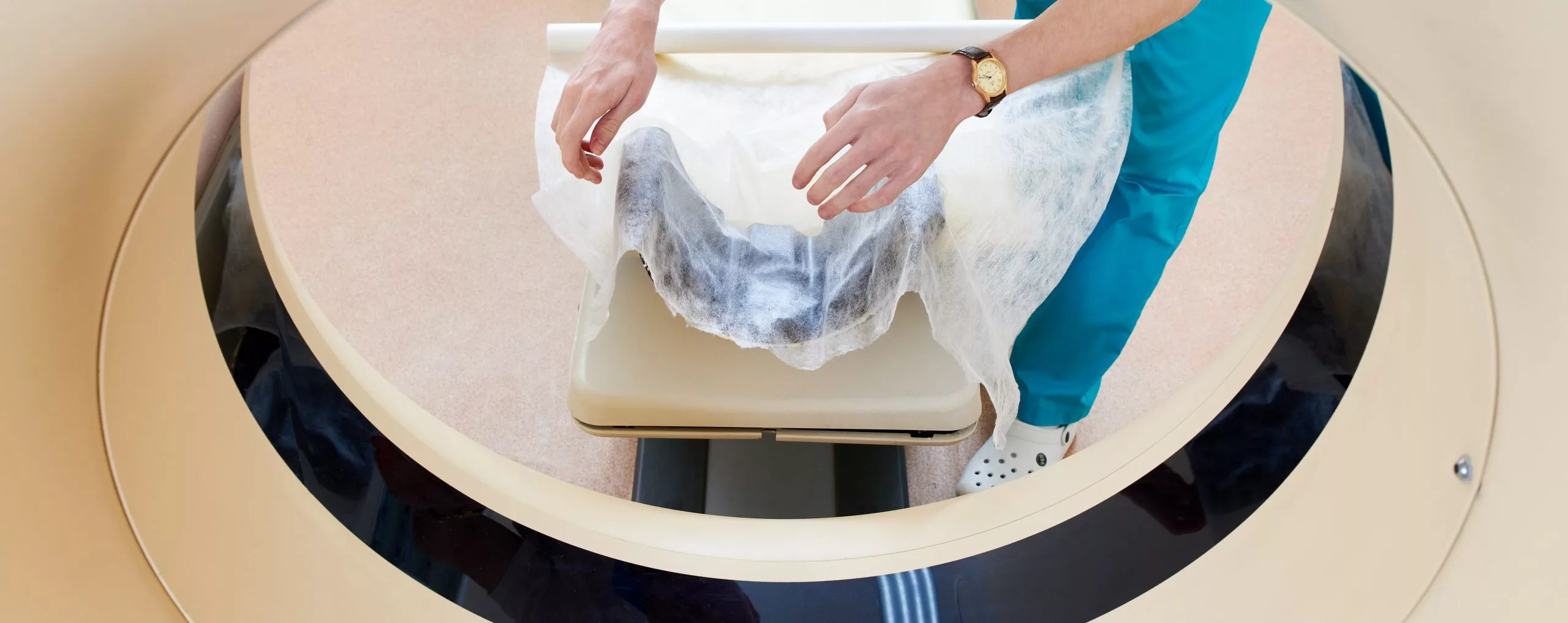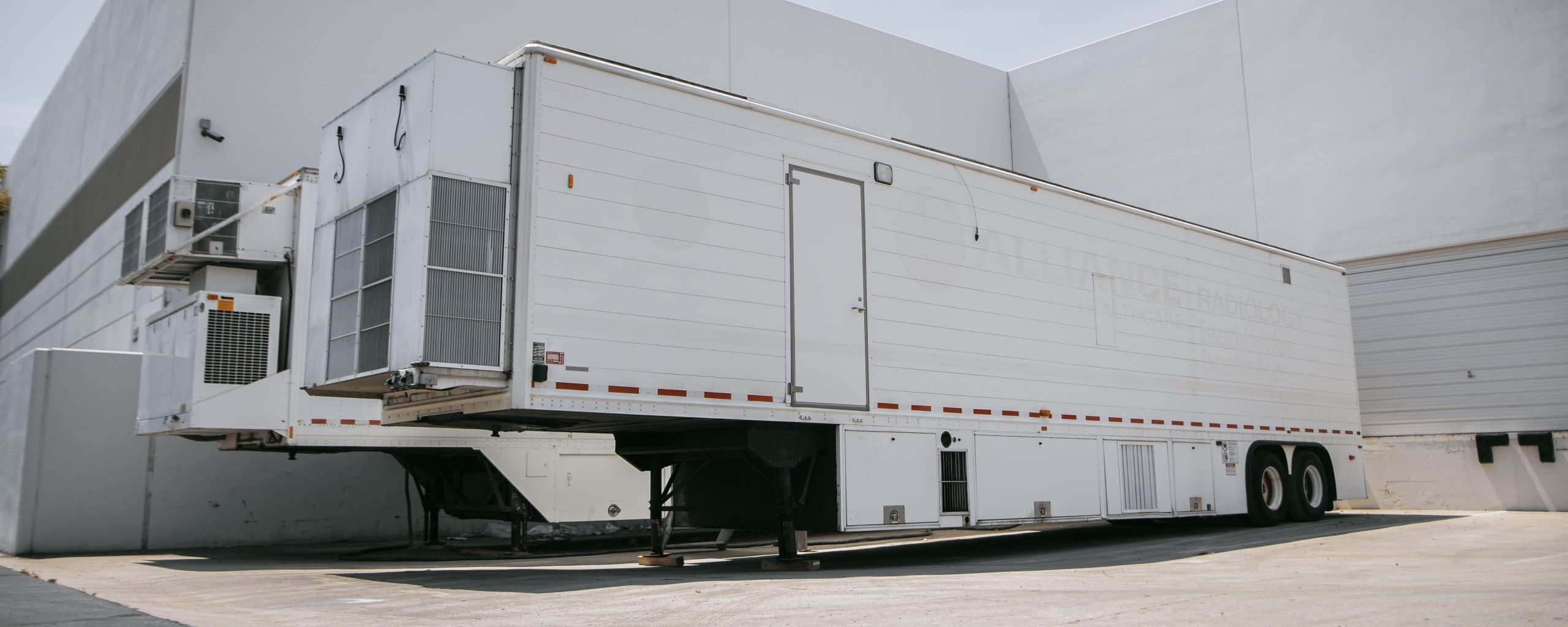Computed tomography (CT) scanners are medical imaging equipment used in hospitals and diagnostic imaging centers to help diagnose various medical conditions. It works by rendering 3D images of the patients’ bones, blood vessels, soft tissues, and more to see internal injuries, bone fractures, cancer, heart disease, among others.
While CT scanners are commonly used for humans, they can also be an excellent investment for your veterinary clinic. That’s because animals have similar internal systems and structures as humans, and they also suffer from injuries and illnesses requiring precise diagnosis. Therefore, utilizing this equipment’s technology can help you provide your clients with better pet healthcare. If you are planning on investing in a veterinary CT scanner, here are some factors you have to consider to help you find the right equipment for you:
The kind of animals you treat
CT scanners for animals come in various types, and they are designed to accommodate different types of patients. If you focus on treating larger dogs, you can go for standard veterinary CT scanners.
On the other hand, invest in mobile CT scanners if you specialize in dealing with smaller dogs and cats. You will need a much larger CT scanner if you treat various farm animals, such as horses and pigs. A veterinary CT scanner with a gantry bore with a diameter of 70 centimeters is your best option.
You should also look into specialized veterinary CT scanners, like equipment explicitly built for scanning standing horses. Explore your options and find the one that best suits your veterinary clinic’s needs.
Uses of a CT scanner
CT scanners are beneficial in helping your veterinary clinic diagnose and treat various conditions affecting animals. Here are some ways you can utilize this equipment:
1. Identify cancer and locate tumors
Investing in the right CT scanner can help you identify or rule out the metastasis of different cancers. It can also aid in surgical planning by pinpointing the exact location of the liver and pulmonary tumors.
2. Understand orthopedic abnormalities better
CT scans help you learn more about animals’ orthopedic abnormalities, such as an elbow or hip dysplasia, congenital hip deformity, and medial patellar luxation. This way, you can plan for corrective procedures more effectively.
3. Identifying injuries’ severity
CT scans help veterinarians like you identify various injuries’ severity. It’s a crucial means to diagnose the affected area’s coverage, primary when it involves multiple organs and systems.
4. The place where you treat your patients
Your veterinary clinic’s location affects the type of CT scanner you need. If you travel to your patients or go out to different farms to scan farm animals, you will require a mobile CT scanner installed inside your trailer. Meanwhile, a regular CT scanner is more appropriate for you if you plan to do scans inside of your clinic.
You should also consider your clinic’s space because CT scanners need their own rooms to ensure safety. For instance, if you need a traditional scanner, you should have at least 14-by-20 feet of space to keep the radiation within the room.
Conclusion
Keeping up with the technology and investing in high-quality equipment like a CT scanner can help you ensure proper healthcare for the animals you treat. When looking for the right equipment, make sure to remember the factors listed in this guide and learn more about the CT parts you need. Don’t forget to explore your options and seek reputable suppliers for your convenience.
Direct Med Parts & Services is a reliable source for medical imaging parts and services. We specialize in delivering CT and MRI parts and coils and selling high-quality MRI and CT machines. Request a quote today!

